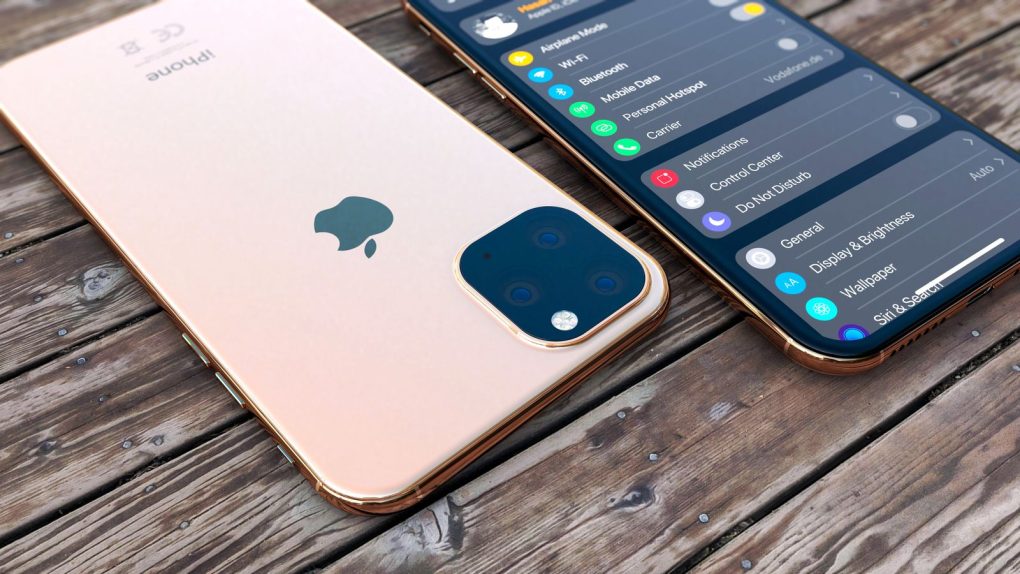The iPhones arriving this September will feature more cameras than ever, according to various leaks from the past few months. Apple is said to be bringing triple-lens cameras to the iPhone 11 and iPhone 11 Max, while the iPhone XR successor will get a dual-lens shooter. Apple will likely bake a bunch of extra camera features into iOS 13 to take advantage of the additional lens, but these have yet to leak.
A new story from the UK, meanwhile, does mention a camera feature that Apple has abandoned because of costs.
Apple is believed to be the major Nanoco client that canceled a multi-million dollar deal, per The Telegraph, which crashed its stock by 74%. If this kind of stock behavior sounds familiar, it’s because it happened in the past with UK companies that lost lucrative supply deals with Apple.
Nanoco would not confirm the identity of the customer, but the company did announce a contract with a “large undisclosed US listed corporation” in 2018 valued at £17.1 million ($21.75 million) over two years, which amounted to more than half its revenues. The Telegraph believes that company to be Apple.
The two parties were working on advanced image sensors that should have been featured in this year’s iPhones, but Apple apparently abandoned Nanoco’s quantum dot technology in favor of an alternative.
Quantum dot technology allows for “precise control of light that allows for higher-quality digital camera sensors than the silicon ones in today’s smartphones,” the report notes, adding that quantum dot technology is also used in TV screens. Interestingly, Apple was rumored to be working on quantum dot technology in the past, but that was in relation to displays, not cameras.
The technology would have improved photography and AR features on the iPhone, but manufacturing the sensor in large numbers would be costly, which is why Apple canceled the project. The news comes from BlueFin Research, which closely tracks Apple’s supply chain. Apple is still interested in improving AR on iPhone and is working on laser-powered 3D features for the 2020 iPhones, The Telegraph notes.








